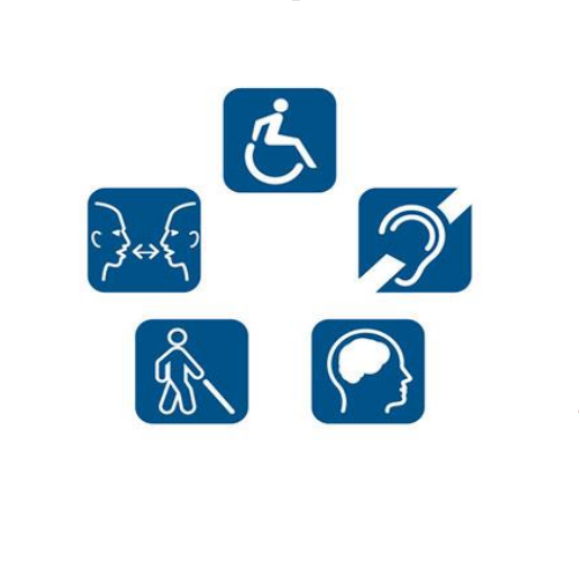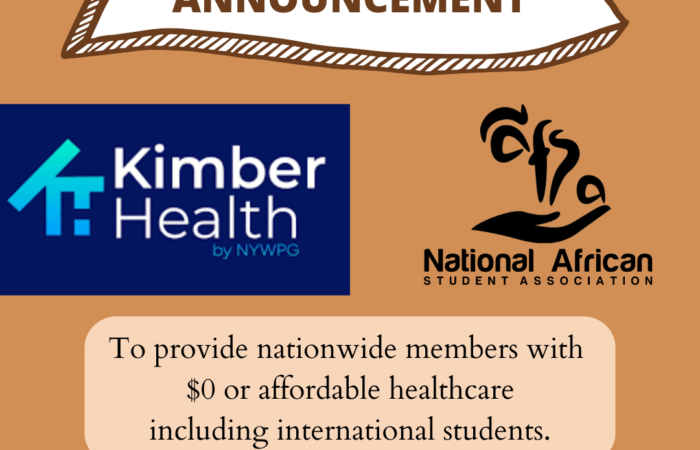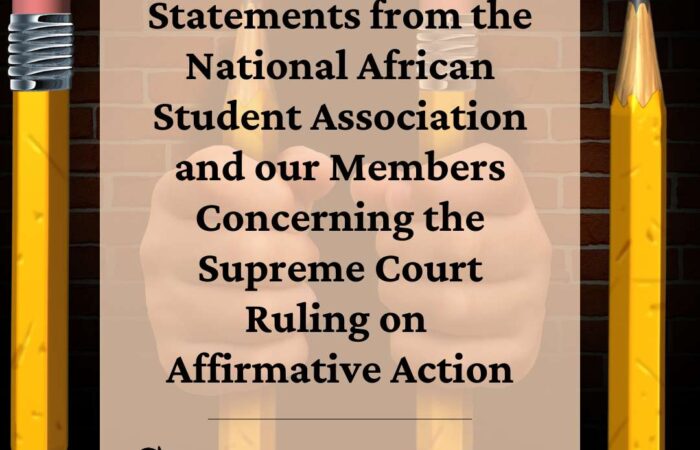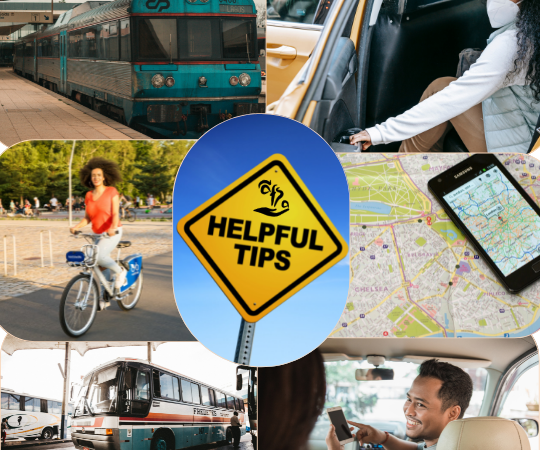By Erin Lynn – National African Student Association, Inc.
Vision Impairment
Mental Health
Physical Disability
Neurological Disability

Deaf or Hard of Hearing
Intellectual Disability
Autism Spectrum
Acquired Brain Injury
DID YOU KNOW?
(Source: The World Bank and the World Health Organization)
According to the World Bank, one billion people, or 15% of the world’s population, experience some form of disability, and disability prevalence is higher for developing countries. One-fifth of the estimated global total, or between 110 million and 190 million people, experience significant disabilities. A World Health Organization source maintains that about forty percent of Africa’s population consists of people with disabilities, including 10-15 percent of school-age children. This percentage would translate into about 300 million people with disabilities in Africa.
WHAT TO KNOW
(Source: African Studies Centre Leiden)
Disability is caused by many factors, including malnutrition and disease, environmental hazards, traffic and industrial accidents, and civil conflict and war, and the number of people with disabilities continues to increase. The vast majority of Africans with disabilities are excluded from schools and opportunities for work, virtually guaranteeing that they live as the poorest of the poor. School enrollment for the disabled is estimated at no more than 5-10 percent and as many as 70-80 percent of working age people with disabilities are unemployed. The social stigma associated with disability results in marginalization and isolation, often leading to begging as the sole means of survival.
TIPS AND RESOURCES AVAILABLE WHILE STUDYING IN THE U.S.
(Source: Mobility International USA))
Wherever you decide to study in the U.S., you are guaranteed basic access. The United States has thousands of colleges and universities across the country. Each is unique in its own way, but all schools have something in common: they cannot discriminate against anyone due to his or her disability. U.S. schools are responsible for making their courses, campus, activities and services accessible to people with disabilities. This includes physical access to college buildings, transportation, housing, and other facilities. Schools are also required to provide reasonable accommodations and services so students with disabilities can access their education. This includes classes, tests, and school-sponsored events and activities. For specific information on resources and tips, please visit the following websites:
- Resources – https://www.miusa.org/resource/tipsheet/disability-resources
- Travel Tips – http://www.sath.org/travel-tips-and-access-information
- Watch video below on Supporting Students with Disabilities: https://youtu.be/5j-lw7mpAIM


